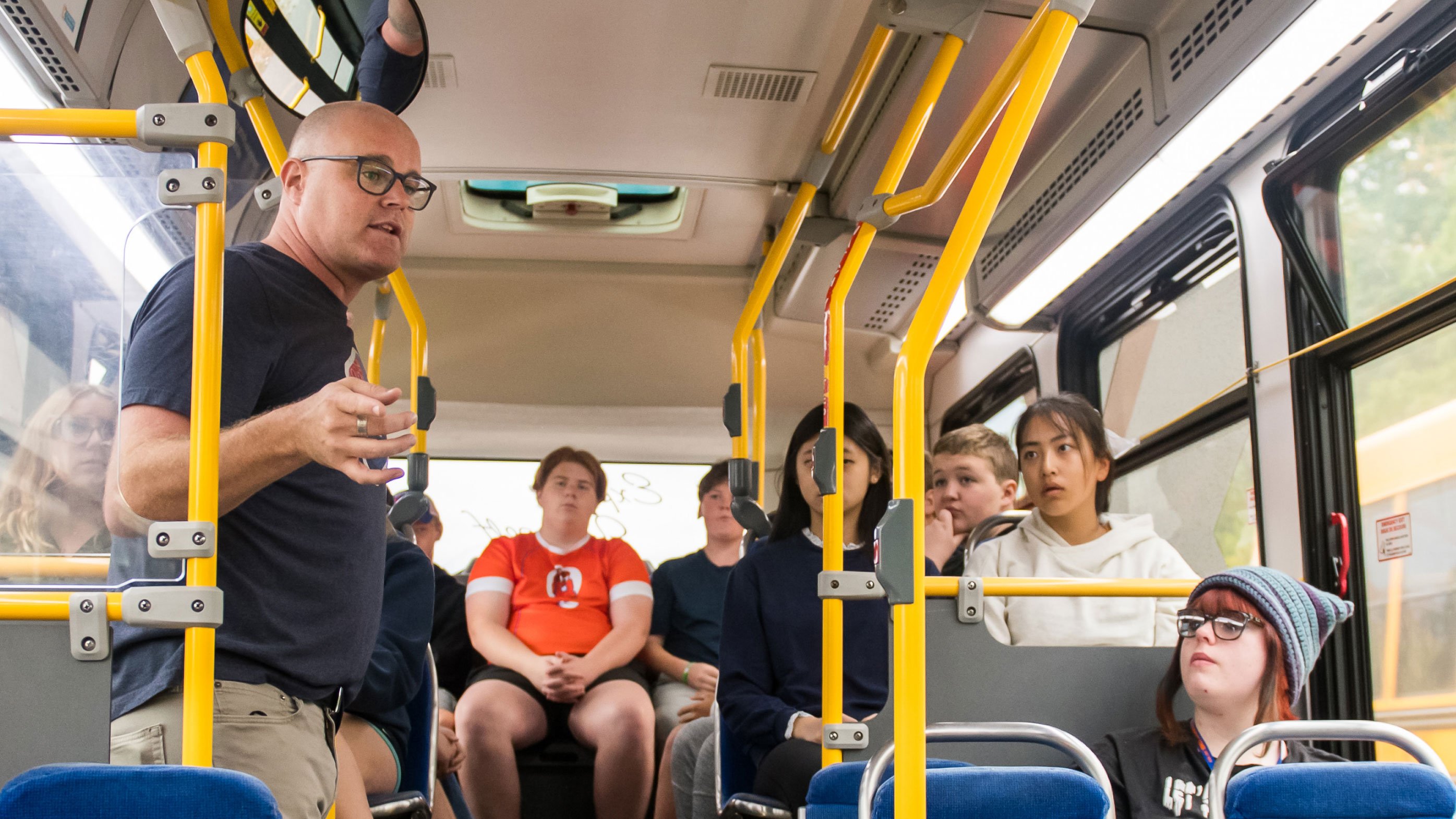
This resource is also available in French. Click here to access the French version.
While program evaluation can seem like a daunting task at times, evaluations are key to successful program learning and improvement for any organization. Program evaluation is important for organizations of all sizes and backgrounds. Evaluation can let you know the areas your program needs to improve to make a greater impact on your participants. It can also let you know if your program is worth continuing or not.
There are two common types of evaluation; outcome and process evaluations.- Outcome evaluations are focused on understanding if the program achieved its intended objectives once finished
- Process evaluations focus on how the program is running during the implementation stage, such as program registration rates and planning
Both types of evaluation are critical for organizational operations and serve specific purposes.
Outcome Evaluation
Outcome evaluations focus on what happens once a program ends. It is recommended that organizations identify benchmarks before and throughout the program to allow you to have something to compare to. One of the benefits of outcome evaluations is they allow you to see if your program is making meaningful changes in the short, medium, and long-term periods. It is important to understand that it is not a negative thing if an outcome evaluation demonstrates that a program did not meet its deliverables – it simply means there are areas to improve, and evaluation can help highlight where those improvements need to be made.
Process Evaluation
Process evaluation is interested in the processes of the program, such as how smoothly registration was, how engaged participants were, how satisfied the participants were during the program, and more. This type of evaluation is beneficial because it can be performed during a program cycle and allow staff to adjust the program “on the fly”.
Ultimately, process and outcome evaluations serve different purposes, and it is important to understand the differences in order to choose the most appropriate approach for your program.
Best Practices for Evaluation
Collecting, organizing, and analyzing data for program evaluations can be a lot of work for one person to do. Below are some recommendations for approaching program evaluation in your organization:
-
Collaborate with other staff. It is important that you always start the evaluation process by working with a group! Form a group that has some clear roles If staff are unable to help, consider hiring an outside evaluator
-
Use logic models. A logic model is a visual representation of your program that outlines the flow and process of activities, as well as the outcomes the program is working towards. It can serve as a great communication tool for staff (internally) and stakeholders (externally).
-
Be creative. Be specific and maybe creative with your research method! The more detailed responses from your participants, the better! For instance, surveys may not be the best to get responses out of younger participants; consider using arts-based methods (e.g., drawing) to help them give feedback.
Conclusion
Evaluation is crucial to the success of any program. Organizations need to conduct process and outcome evaluations to model program successes and learn from program failures. While evaluation is not a one-size-fits-all approach, following best practices and working in a team will help you to succeed.




